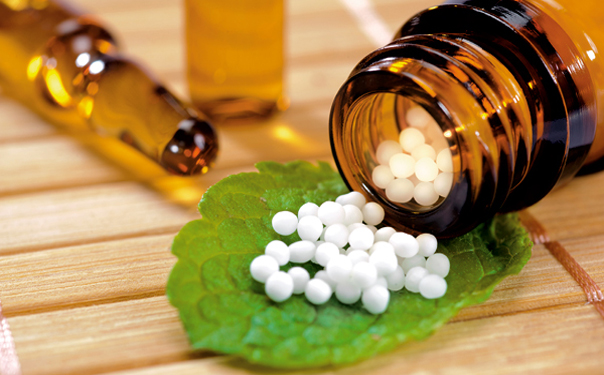Although not originally Indian, homoeopathy somehow fits like a glove to the Indian philosophy, so no wonder that the World Day of homoeopathy was held in New Delhi this April
It is Greek in name, it is German in essence. It is alternative anyway. Homoeopathy represents a system of alternative medicine, and it has deep roots in the West. But not as deep as yoga or ayurveda, of course. It was proposed, devised and defined by a German physcist named Samuel Hahnemann, based on his doctrine of „like cures like (similia similibus curentur), a claim that a substance that causes the symptoms of a disease in healthy people would cure similar symptoms in sick people“. Well, it sounds logical and yet some „serious“ scholars dismiss it as a presudoscience. They say that homoeopathy works indeed, but only as a combination of placebo effect and natural body’s recovery. On the other hand, Hahnemann „believed the underlying causes of disease were phenomena that he termed miasms, and that homoeopathic preparations addressed these“. The preparations are manufactured using a process of homoeopathic dilution, in which a chosen substance is repeatedly diluted in alcohol or distilled water, each time with the containing vessel being bashed against an elastic material, (commonly a leather-bound book). Dilution typically continues well past the point where no molecules of the original substance remain. The idea is that any new dillution will possess the same features as the original, only better in a way. In homeopathy, a solution that is more dilute is described as having a higher “potency”, and more dilute substances are considered by homeopaths to be stronger and deeper-acting. It got very popular in the 19th century but its popularity declined, rose once again in the 20th century and currently The Indian government recognises homeopathy as one of its national systems of medicine; it has established AYUSH or the Department of Ayurveda, Yoga and Naturopathy, Unani, Siddha and Homoeopathy under the Ministry of Health & Family Welfare. Even some states are included single-handedly. The south Indian state of Kerala also gives the final nod for AYUSH department where homeopathy and Ayurveda are the main streams along with Sidha, Unani and Yoga. Well, if Indians clasified it this way… We should at least think about it twice!
